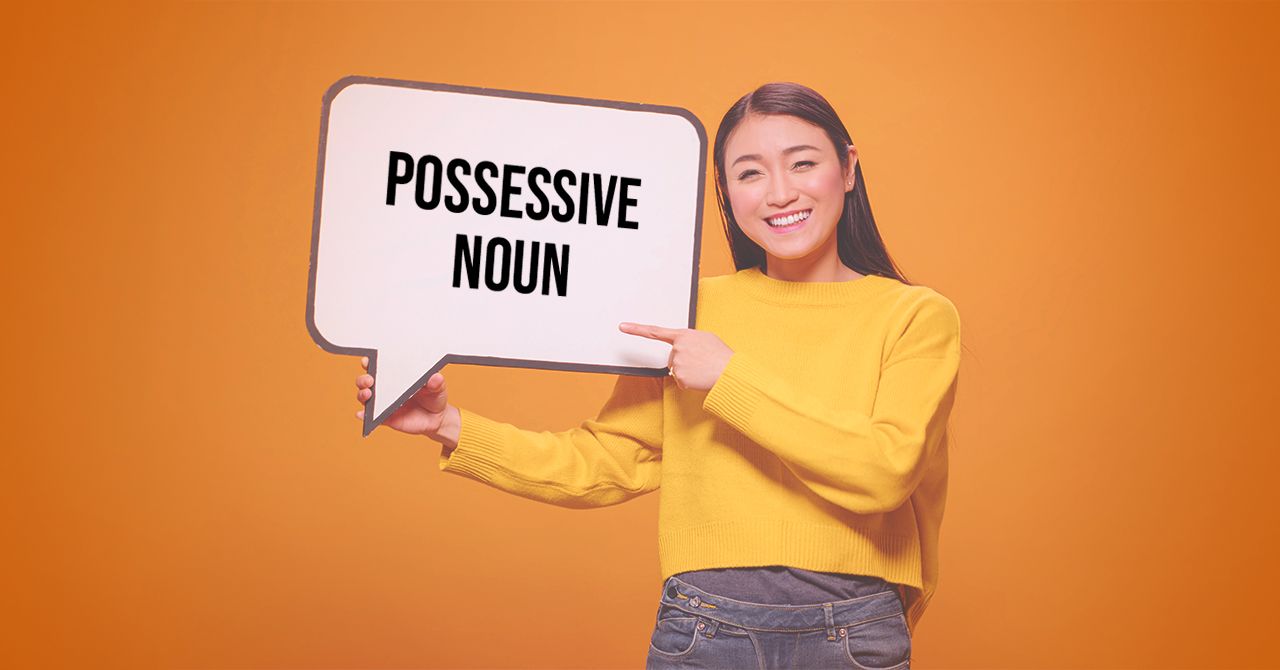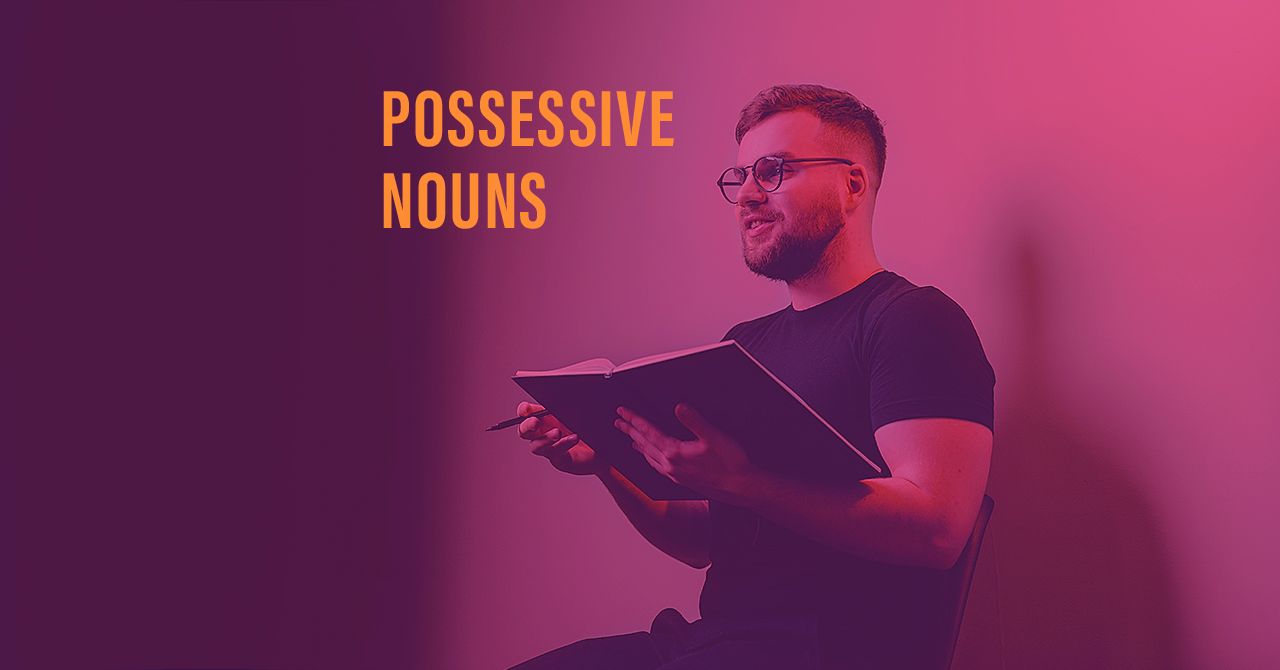
What Does “Vice Versa” Mean, and How to Use It?
“Vice versa” is one of the most common English phrases used in formal and informal language.

How to Use and Form a Possessive Noun
Not knowing how to use a possessive noun means making more grammatical mistakes than you expect. And, not knowing what it expresses can lead to misunderstandings in your conversations.

The difference between every day and everyday
If you’re not sure whether you should use “every day” or “everyday,” you’re not alone. A lot of English language learners confuse them with each other.

How to recognize and form a possessive noun
A possessive noun is a type of noun that shows something belongs to it. It’s a simple way to express ownership.

What Does “Going to Hell in a Handbasket” Mean?
You may not hear the expression “going to hell in a handbasket” every day, but it does exist in the English language, and natives use it when appropriate.

What Does IDK Mean and How Do You Use It?
By knowing the IDK meaning, you’ll be able to communicate with native English speakers via instant messages or SMS messages without wondering what the other person is trying to tell you.

“A Third Wheel” or “Fifth Wheel”—Is There a Difference?
To learn how to use these common idioms, here are the definitions of each, along with some examples and a few words about the origin.

“The Whole Kit and Caboodle” – What It Means and How to Use It
To learn how to use it correctly, you need to understand its meaning and find out a little bit about its origin.